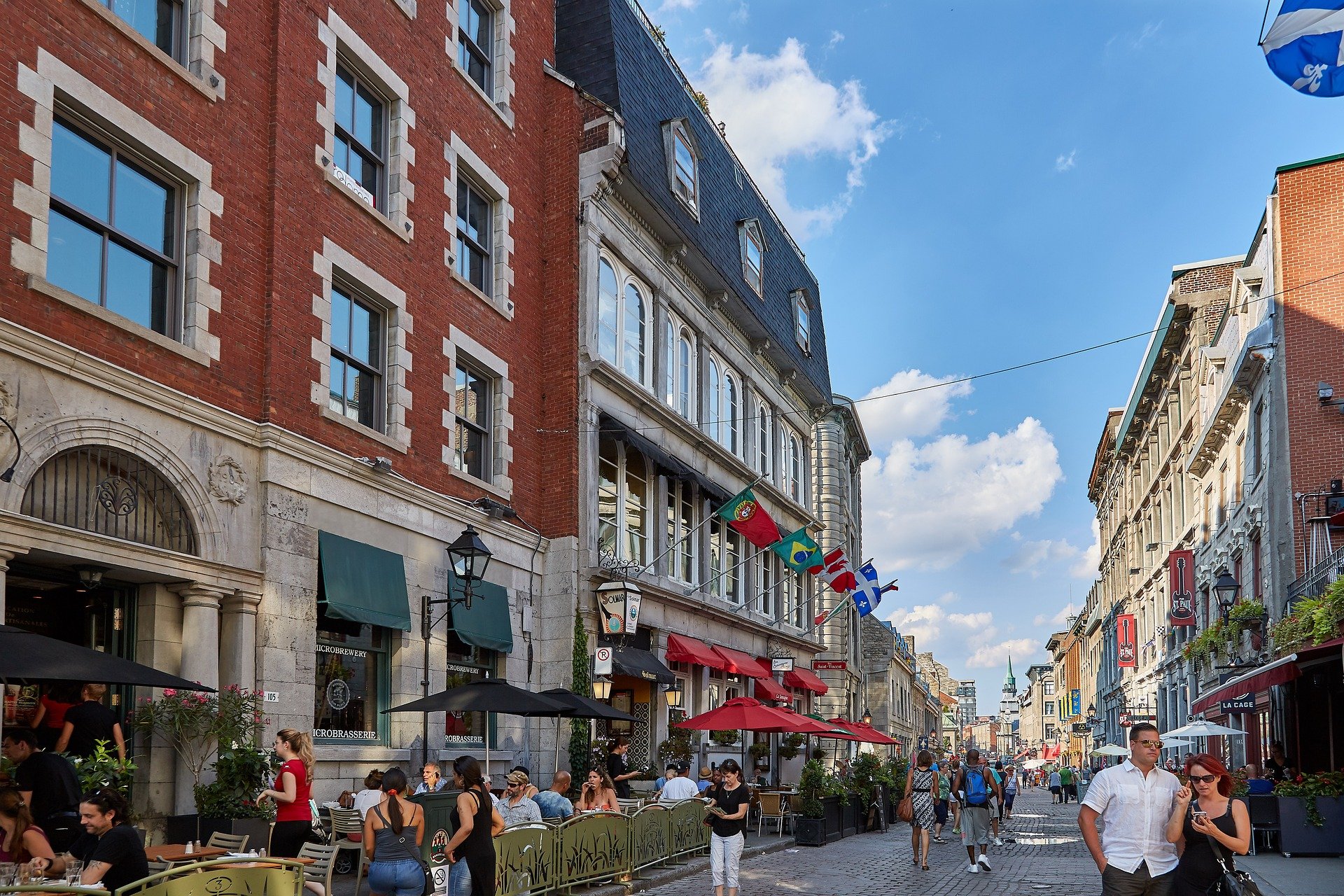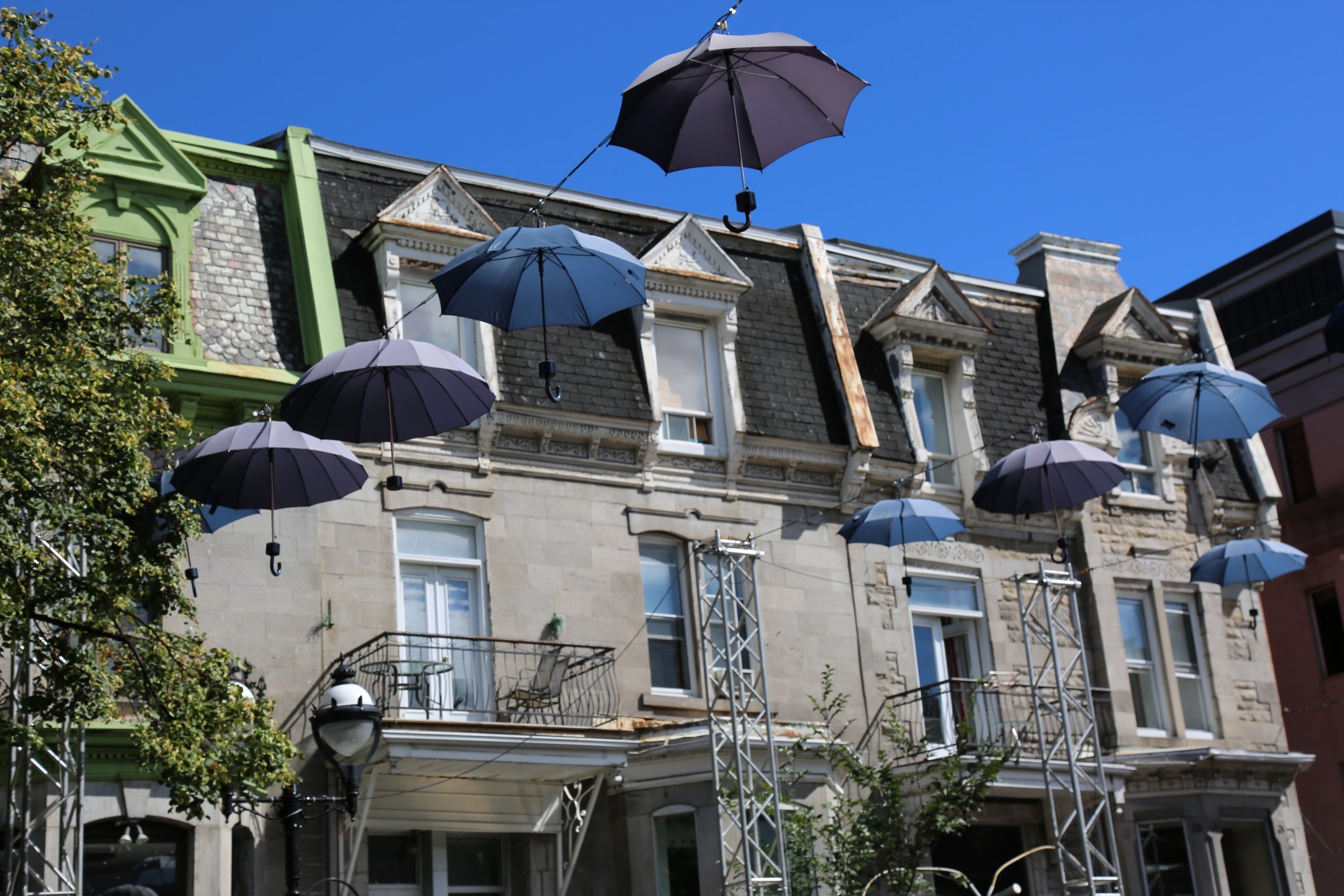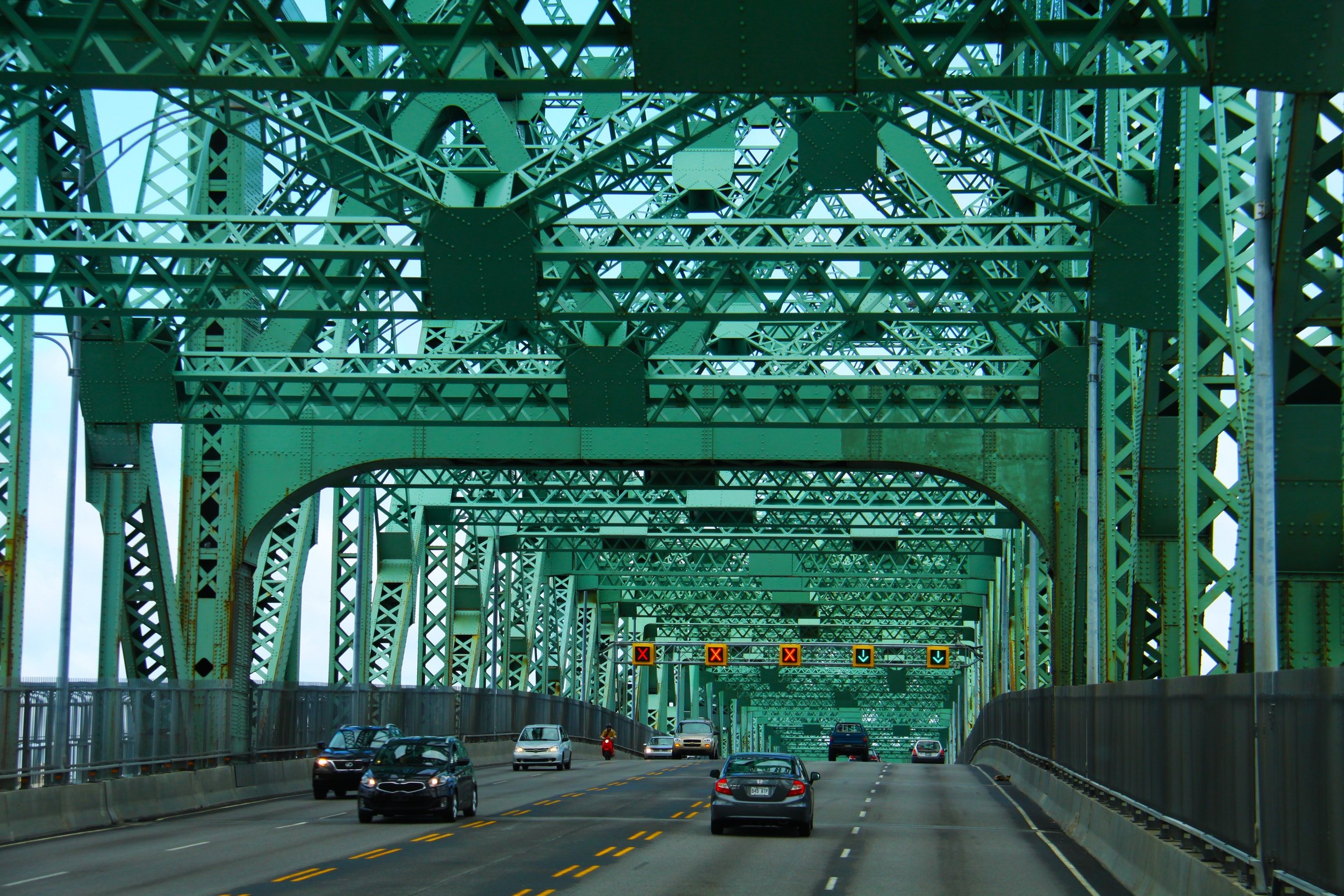Montreal City Guide

Updated: April 24th, 2023

About Montreal
Montreal is one of Canada's most vibrant cities. It was initially known as Hochelaga to the indigenous Huron people who inhabited the area at the time of French navigator and explorer Jacques Cartier's arrival in 1535–36. This was his second voyage to the "New World." He was reportedly welcomed by over a thousand indigenous people on the slope of the mountain and christened it Mont-Royal (Mont Réal). Samuel de Champlain, the founder of Quebec City, set foot in the region 50 years later.
The city started as a missionary station and transformed into a fur-trading center. Then came the conquest of New France by the Brits in 1763. The city's setting on the St. Lawrence River provided complimentary transportation, manufacturing, and financial hub development conditions.
At the time of the establishment of the confederation, it was the country's biggest city. This, however, changed when Toronto took over the top spot in the 1970s.
Where is Montreal on the Map?
At the time of the establishment of the confederation, Montreal was the country's biggest city. This, however, changed when Toronto took over the top spot in the 197os. Today this Quebec city in Southeastern Canada is the country's second most populous city and the most densely populated metropolis in the province, with a population of 1,762,949 people.
The city takes up around three-quarters of Montreal Island (Île de Montréal), the largest of just over 230 islands in the Hochelaga Archipelago. This archipelago is one of three that join where the Ottawa and St. Lawrence rivers meet. The city has an area of 141 square miles (365 square km).
Climate/Weather in Montreal
Montreal is your answer if you're looking for a place in Canada where you'll find decent warmer weather. July is the city's hottest month, averaging 21°C (70°F). January is its coldest month, with temperatures that can plummet to -9°C (16°F). The city receives the most rain in August.
Summers are fun in Montreal, with various festivals and outdoor activities. The fall is charmful, with a wonderfully warm aesthetic of rust-colored leaves being the main attraction for international visitors. To experience the city's full winter wonderland glory, visit in January and February.
Work and Jobs in Montreal
Montreal is the hub for many companies in the finance, manufacturing, tech, design, art, film, tourism, and education sectors. The city, therefore, has plenty of opportunities for foreign nationals who wish to establish roots there. Look at Job Bank's projection of the city's in-demand jobs below.
- Chartered Professional Account / Certified Management Accountant - Average Salary: $65,000 to $78,000
- Software Engineer / Software Developer - Average Salary: $70,000 to $90,000
- University Professor- Average Salary: $120,000 to $150,000
- Web Developer - Average Salary: $60,000 to $80,000
- Assistant Nurse - Average Salary: $60,000 to $70,000
- Project Manager - Average Salary: $75,000 to $90,000
- Game Developer - Average Salary: $65,000 to $72,000
- Data Scientist - Average Salary: $80,000 to $130,000
- Marketing Manager - Average Salary: $55,000 to $75,000
- Doctor and Surgeon - Average Salary: $150,000 to $250,000
- HR manager - Average Salary: $65,000 to $96,000
- Electrical Engineer - Average Salary: $60,000 to $71,000
- Driver - Average Salary: $54,000 to $67,000
- Cook - Average Salary: $56,000 to $68,000
Cost of Living
Canada isn't untouched by skyrocketing inflation that is affecting most countries across the globe. This means that the cost of living in the country is impacted - even in Montreal. However, it should be noted that the city is much cheaper than many other Canadian cities, including Vancouver, Toronto, and even Calgary.Here is an estimate of the cost of living in Montreal, according to Numbeo:
- For a Family of four: 4,238.81C$ per month without rent
- A single person: 1,149.77C$ Per month without rent
- Between 850C$ to 1800C$ per month for an apartment
- Around 107.46C$ for Basic utilities ((Electricity, Heating, Cooling, Water, Garbage) for a small apartment. (Electricity, Heating, Cooling, Water, Garbage) for an 85m2 apartment
- 90C$ per month for a monthly transport pass
- Around 497C$ for monthly groceries
- If you dine out often, dinner for two can add up to around 90C$ to 120C$, which is considered relatively low.
Neighborhoods in Montreal

One of North America's top cosmopolitan cities, Montreal has, over the years, attracted many foreign nationals. The city's streets reflect a rich history, particularly in the city center, called Old Montreal (Vieux-Montréal). Think cobblestone streets and architecture from as far back as the 16th century.
Neighborhoods in Montreal are no different from the city in this regard. They are rich in character. You'll find tons of three-story townhouses subdivided into smaller apartments. The eighties saw certain working-class areas like the Plateau Mont-Royal transform into trendy areas. You'll find the 400,000-square-metre (40-hectare) Lafontaine Park at the center of "the Plateau," a tree-filled area with two ponds, an outdoor theatre, and paths for bike rides.
In the Southeast sections of the Plateau, there's the Latin Quarter, which has been popular with students since the 18th century. Then close by, you'll find the Village known as the "Gay Village" - the city's LGBTQ hub. Settling in this Quebecois city, you can access the best farmers' markets, fine dining, museums, and galleries.
Transportation

Montreal's efficient public transport system is easy on the pocket and accessible. The city's integrated public transport system includes a metro high-speed train network, a bus network, and a shared taxibus service for those far-out regions. A single transit in Montreal will cost you CAD 3.50. You can buy a pass for up to three days or a monthly one costing around CAD 90. You can buy your pass at kiosks within metro stations or from a fare collector. TRAM fares may be bought for the Exo train, Metro, and bus travel. This will all be covered in one pass, which you can load onto an OPUS card. TRAIN fares will only cover travel on the Exo commuter train network.
FAQs
Do I Apply for Immigration Programs for Montreal Online or Using a Paper Application?
You will have to apply online. However, if you cannot do so due to disabilities or other factors, you can request an application in another format.
What Other Application Formats are There?
You can request a paper, braille, or large print application.
Which Documents Will Allow Me to Study in Montreal?
You must get a Québec Acceptance Certificate (CAQ) for studies and a Study permit.


